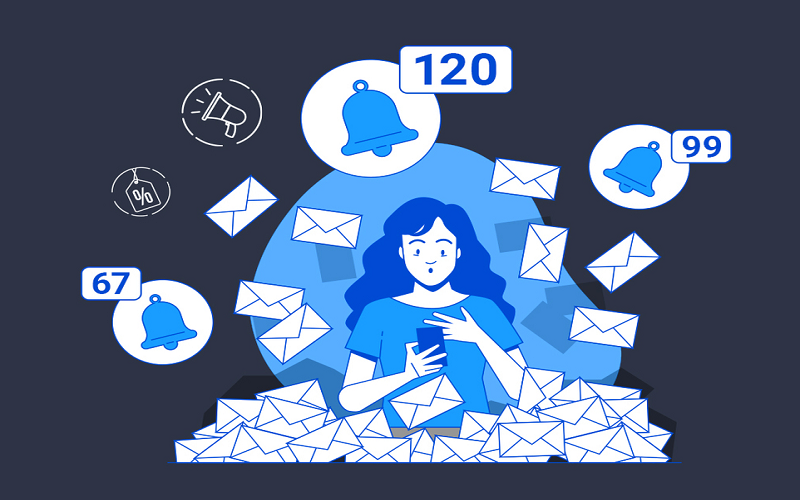
It is a type of marketing that relies on exploiting scandals or controversial events to highlight the product or brand. This method uses shocks and excitement to arouse curiosity and attract attention, and often deliberately stirs up controversy to create widespread public talk about the brand. This type of marketing can be risky because it sometimes relies on stirring up negative emotions, but it is effective in achieving rapid spread and keeping the audience talking about the brand for a long time.
Characteristics and characteristics of scandal marketing:
- Stirring up controversy: Relies on raising controversial issues to attract attention.
- Breaking traditions: Deliberately violating known social or cultural norms.
- Provocative use of messages: Providing content that provokes strong reactions, whether negative or positive.
- Taking advantage of mistakes: Directing mistakes or negative situations to create an opportunity for promotion.
Benefits:
- Rapid spread: Scandals get people talking and achieve widespread spread in a short time.
- Attracting the audience's attention: Makes the audience follow what is happening as a result of the controversy raised.
- Enhancing brand awareness: The brand stays in people's minds for a long time.
- Distinction from competitors: The bold approach makes the brand stand out compared to traditional competitors.
Advantages of scandal marketing:
- Ease of attracting media: Scandals attract the press and media, which provides free publicity.
- Long-term impact: Talk about scandals continues for long periods, which enhances the brand's presence in the market.
- Innovation in promotion: It provides the opportunity to use new and unexpected methods.
- The possibility of turning crises into opportunities: The ability to turn negative situations into marketing opportunities.
Types of scandal marketing:
- Artificial scandals: Creating a fabricated scandal to stir up controversy about the product.
- Real scandals: Exploiting a real scandal in favor of the brand in a smart way.
- Public attack on competitors: Publishing negative information or harsh criticism of competitors to increase interest.
Arabic examples:
1. Qaha Food Industries Company (Egypt): It was involved in a scandal related to the components of its products, and exploited the crisis by launching campaigns that emphasized quality, which increased awareness of the brand.
2. KFC in Egypt: When rumors spread about the use of spoiled meat, the company exploited the scandal to launch an educational campaign about the quality of the meat used and its supply chain.
3. A telecommunications company in Saudi Arabia: It entered into a controversy over the quality of service and frequent outages, which sparked a wave of criticism on social media, so it took the opportunity to improve its services and launch free offers to compensate customers.
4. Kuwait Airways: It was exposed to a scandal due to its delayed flights and poor services, and exploited these situations to improve its services and offer attractive compensation to travelers, which contributed to improving its image.
5. Hayat Water Company in Jordan: After a scandal about water pollution, it launched a wide campaign to verify quality and to emphasize hygiene standards and adherence to international specifications.
Scandal marketing is a bold method that relies on exploiting scandals and controversial events to achieve wide spread and attract attention. Despite its risks, this type of marketing can be effective in enhancing brand awareness and distinguishing itself from competitors. It also provides an opportunity to transform crises into marketing opportunities, which enhances the brand's position in the market and makes it the talk of the town for long periods.

14/08/2024
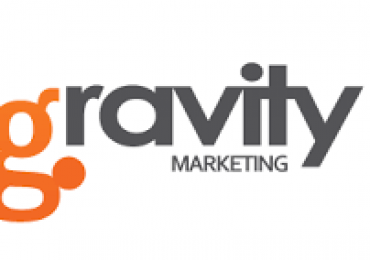
31/08/2024
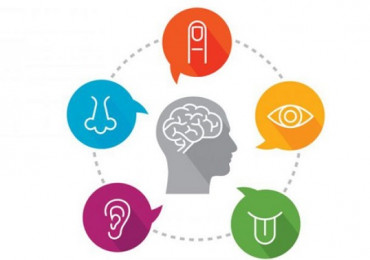
14/08/2024

17/08/2024

01/09/2024
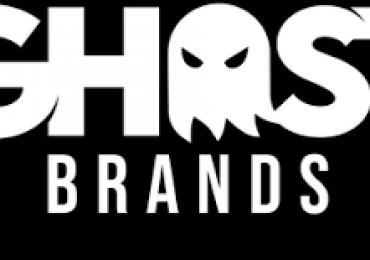
01/09/2024

14/08/2024

30/08/2024
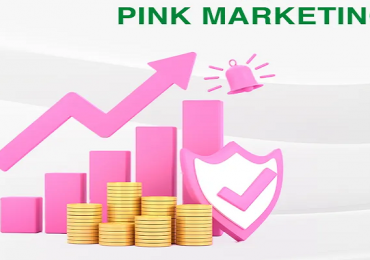
01/09/2024
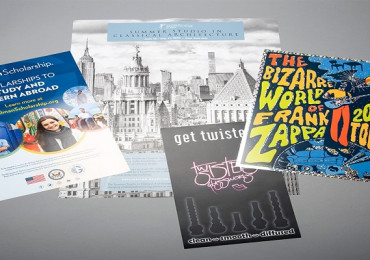
30/08/2024
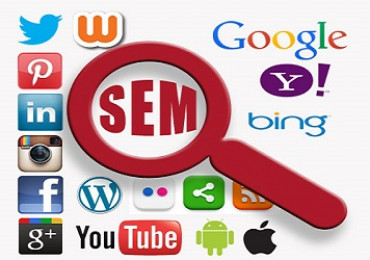
18/08/2024
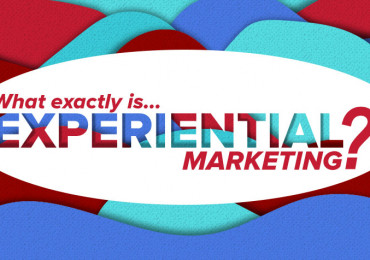
18/08/2024
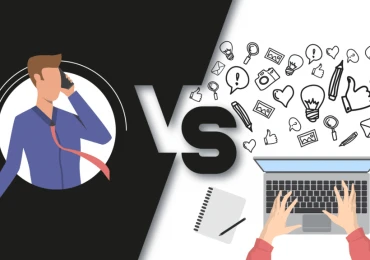
16/08/2024

20/08/2024

30/08/2024

25/08/2024
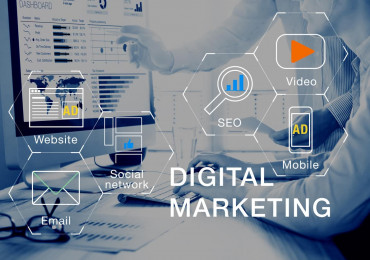
17/08/2024

30/08/2024
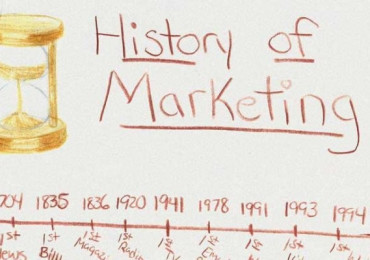
22/08/2024

23/08/2024